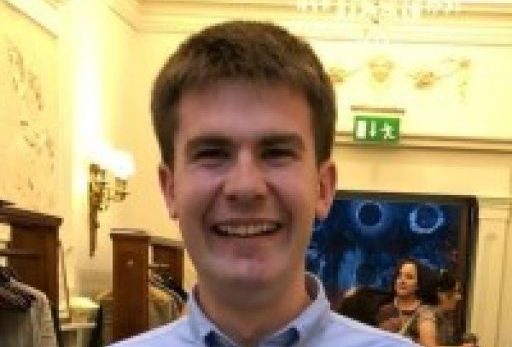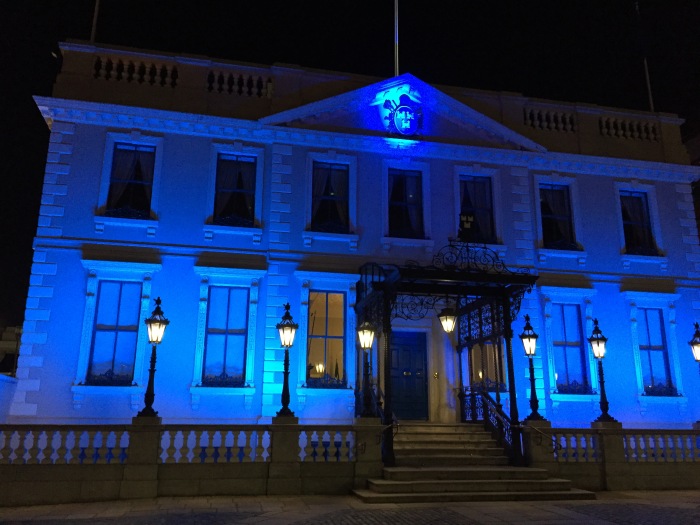When the current Junior Certificate students complete their exams in June, attention will quickly switch to transition year. It is best that pupils start arranging their work experience as early as possible to avoid disappointment. The type of work experience should reflect where you want to take your life after school. It is also crucial that people arrange a constructive community care experience to gain an insight into the challenges faced by ordinary citizens.
I spent my work experience in TV3 where I was able to witness the world of journalism first hand. Each day, I was on the set of ‘Late Lunch Live’ which is now ‘The Seven O’Clock show’. It was great to spend time with Martin King and Lucy Kennedy. I learned how a show is put together. I also spent time with Councillor Dermot Lacey in his Pembroke Ward. We had the opportunity to meet local residents to discuss the issues facing them at that time. The water charges were a hot topic of discussion on the doors. I also had the chance to speak to those who prepare and approve legislation including Mattie McGrath TD and Barry Cowen TD.
Following my work experience, I was asked by my school to be the Rugby Correspondent for the Leinster Schools Cup matches. Having not come from a rugby background, this was a challenge. However, I embraced the spirit of fourth year and tried something new. I sent one of my articles into The Irish Independent where it was published a few days later. My classmates were amazed at the achievement. I subsequently wrote another article for the paper along with others which were published on the school Facebook page. It was fantastic to be selected as it shows that nothing is off limits for transition year pupils.
A good community care placement is essential to maximise your development. The purpose of community care is to give students an insight into the problems faced by those less fortunate in life. I carried out my experience in the Ballyroan Community and Youth Centre in Rathfarnham by helping with the meals on wheels. It was fascinating to hear the stories of regular participants and learn how to cook a few nice meals myself.
I firmly believe that transition year is one of the most crucial years in school. It provides the right set of circumstances for students to mature and take a break before the pressure of the Leaving Cert commences. It gives you the foundations to learn essential life skills and provides a platform to decide where you would like to take your life after school. Students must make smart decisions when it comes to transition year. Do not choose work experience or community care just to fill in time. That will not be beneficial to anyone. Carry out work that nurtures your talents and gives you solid foundations for the future. That will benefit you most. Transition year is a year worth doing.
By Cian Byrne.




